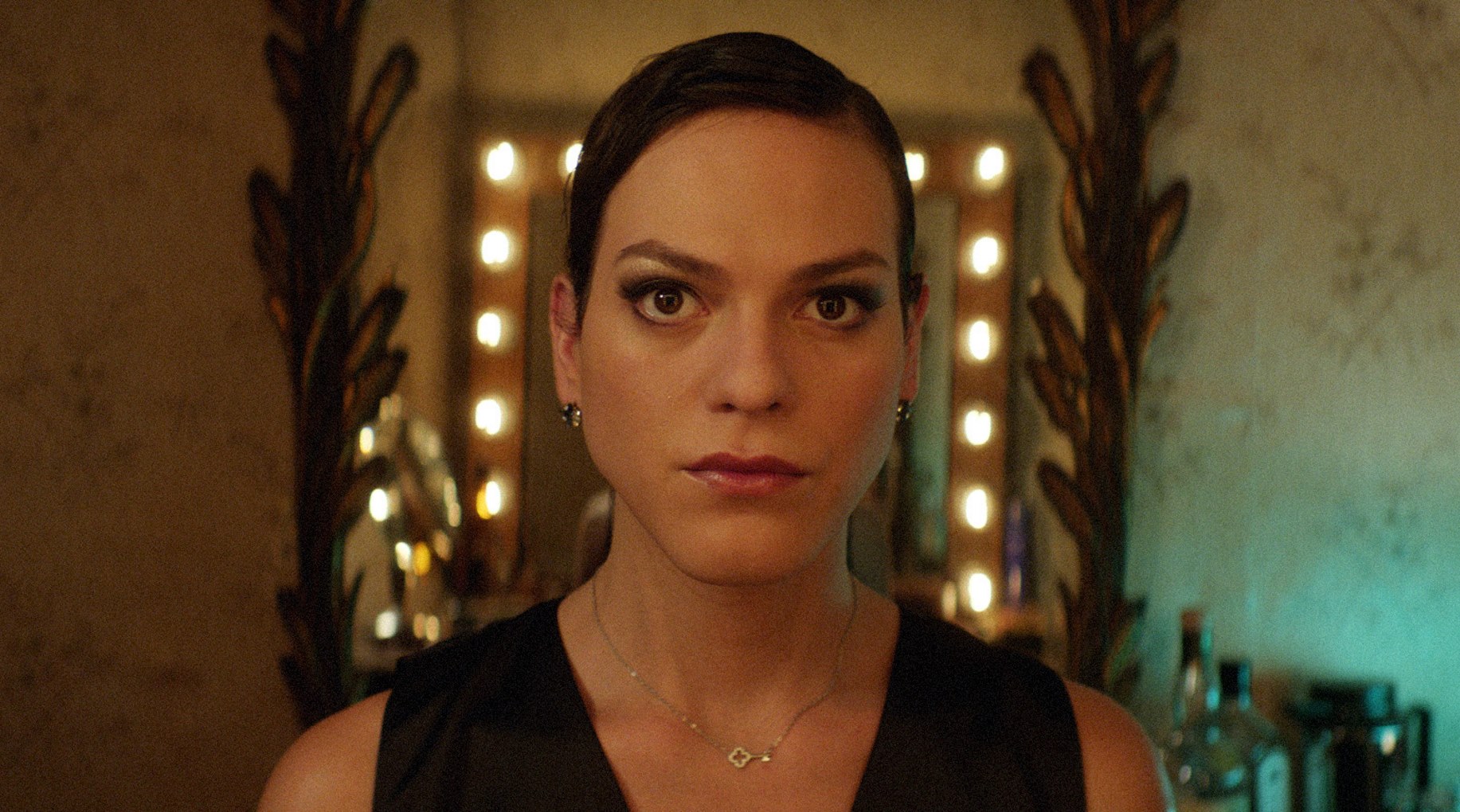GamesRadar+ Verdict
Defiant, determined, Vega delivers a star-making performance in a drama of embattled grief, directed with heart.
Why you can trust GamesRadar+
Rich in music and empathy, Chilean director Sebastián Lelio’s 2013 festival hit Gloria was a vivacious study of a middle-aged woman’s longing for life. That flair for female-centred, emotionally keen drama blossoms in his follow-up. First wrenching, finally uplifting, A Fantastic Woman traces a grief-lashed trans singer’s tireless pursuit of respect.
We first encounter Daniela Vega’s Marina in a bar, hitting the right notes as she sings to older lover Orlando (Francisco Reyes). But a brutal twist of fortune follows when, later that night, Orlando dies from an aneurysm. Though reeling with shock and sorrow, Marina faces a seemingly insurmountable battle to assert her rights to hospital officials, suspicious cops and contemptuous family-members: sensitivity and understanding are not, it seems, priorities on their plates.

Even before Orlando’s aggressive son Bruno (Nicolás Saavedra) and ex-wife Sonia (Aline Küppenheim) fire off fusillades of toxic bile and brutality, variable indignities – patronising, humiliating, threatening – are landed on Marina. Bruno claims Orlando’s dog, Sonia his car. Neither gives any thought to what Orlando would have wanted, or to Marina’s right to mourn.
If these prejudices seem blunt, that’s surely Lelio and returning Gloria co-writer Gonzalo Maza’s point: hate isn’t often big on restrained self-awareness. Balancing notes of compassion emerge too, via Marina’s stoned sister (Trinidad González) and Orlando’s bumbling brother (Luis Gnecco). Yet issue-movie politics don’t dominate A Fantastic Woman. Instead, it cleaves closer to a heartfelt, first-person human drama of resilience via a lead performance brimming with charismatic fortitude.
Despite her near-constant forward motion, Vega grounds Marina with a composed intensity of still, focused feeling. Even with extra emotions at stake, she hits every note with intuitive precision: and she can sing the shit out of a song, too, from pop ditties to arias. Whether she’s staring the camera out, battling against fierce winds for a silent movie-ish set-piece, or jumping on an enemy’s car in a rare show of anger, Vega brooks no doubt in her immersion, nor in her ability to sell every mood-swing without forcing her hand.
Honouring her tenacity with tenderness and shared reserves of contained rage, Lelio and DoP Benjamín Echazarreta pin the camera close to Marina. Meanwhile, Marina’s internal perspective is beautifully evoked in Matthew Herbert’s mellifluous score, whether he’s summoning dreamy depths of yearning or letting off steam for a fantastical rave-up interlude. As Marina’s inner life erupts in Almodóvar-ish dance fantasy and song, the sense of life-affirming release is palpable, and fully earned.
Kevin Harley is a freelance journalist with bylines at Total Film, Radio Times, The List, and others, specializing in film and music coverage. He can most commonly be found writing movie reviews and previews at GamesRadar+.




